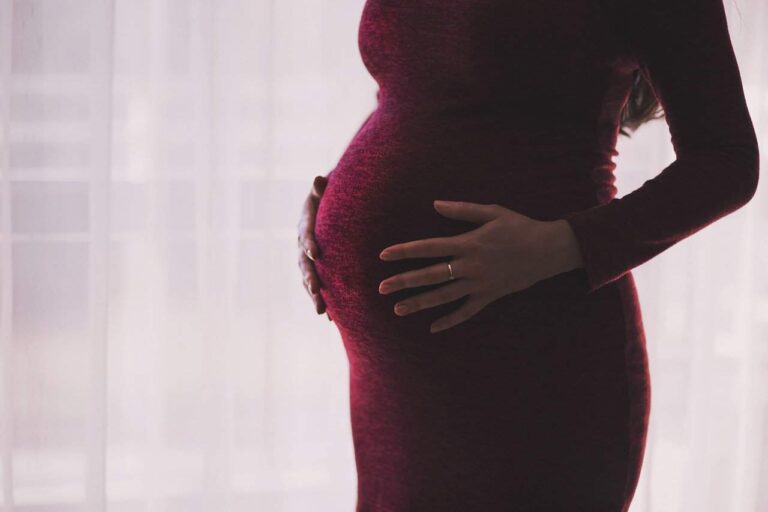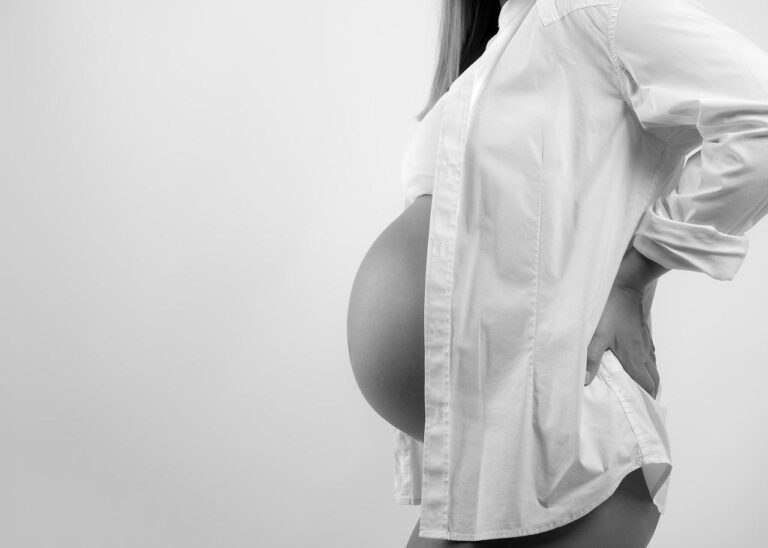Can The Plasma Center Tell If You’re Pregnant?
Plasma donation is a rewarding charitable act that most people can do. 55% of blood consists of plasma, which is the fluid that transports red blood cells, white blood cells, and platelets throughout the body. Plasma is used to treat people in life-threatening situations.
However, like blood donation, people must undergo screening and tests before giving their plasma away. Some people are also deferred from donating due to circumstances. For instance, pregnant women are discouraged from donating plasma.
But what if you do not know if you are pregnant? Will your plasma center still entertain you as a donor? And how can you safely donate plasma after pregnancy?
Can The Plasma Center Tell If You’re Pregnant?
Blood and plasma centers screen their donors before allowing them to donate. This ensures the blood or plasma is safe and can be transfused to another person without problems.
However, centers do not test for pregnancy. They may, however, ask about your medical history and medications you are taking, where you have recently traveled, and whether or not you have engaged in “risky behaviors.”
If you suspect you are pregnant, you can always do a pregnancy test at home or from your doctor. Most over-the-counter pregnancy tests can give you an accurate reading immediately. However, if the test results are positive, your center will not allow you to donate blood or plasma.
Why Should I Tell My Plasma Center If I Am Pregnant?
Plasma centers do not allow pregnant women to donate plasma. Donating plasma is a risky procedure during pregnancy for the mother, child, and the person receiving the plasma.
Some research suggests that donating plasma (and blood) increases the chance of iron deficiency and anemia. Mothers should avoid getting sick of anemia since it can cause unwanted side effects, such as premature birth and low birth weight.
Furthermore, pregnant mothers produce a protein called human leukocyte antigens (HLA). HLA keeps the immune system from treating the fetus as a foreign object inside the body. HLA is safe for both mother and baby.
However, HLA is dangerous if it is transfused to another person. In rare cases, transfusing HLA to another person can lead to transfusion-related acute lung injury (TRALI). To mitigate this, plasma centers may need to test for HLA before plasma donation.
When Can I Safely Donate Plasma After Pregnancy?
The World Health Organization advises mothers to wait 9 months post-partum before donating blood or plasma. This waiting period allows mothers to recover from their pregnancy and replenish lost nutrients during childbirth.
Remember to mention during your screening that you have recently been pregnant. Your plasma center will test if you are positive for HLA before the procedure.
Besides not being pregnant, your plasma center will only allow you to donate if you are between the ages of 18 to 75. You should also weigh at least 110 pounds (50 kg) and have no new tattoos or piercings in the previous 6 months.
Remember to get enough rest and stay hydrated before donating plasma. You must be in your best shape before you can undergo the procedure. And remember to relax and replenish afterward and not do any strenuous activities.










